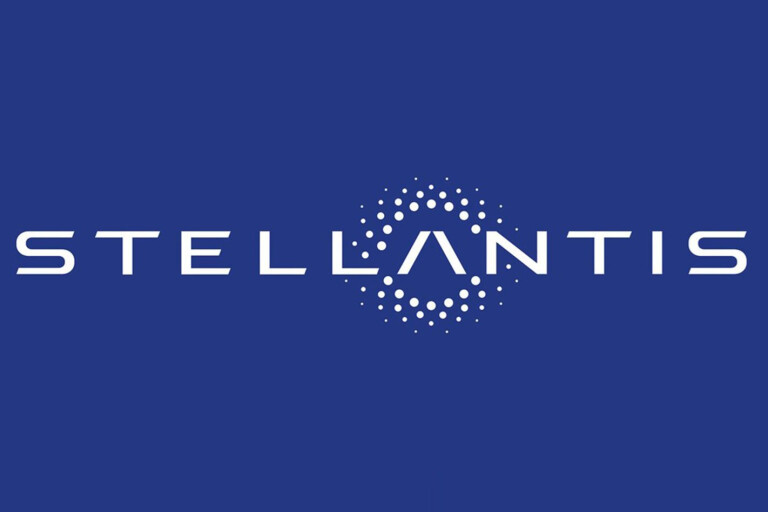
Key Points
- Companies sign five-year agreement
- Up to 99,000 metric tons of lithium hydroxide expected
- Stellantis signs another deal for solid-state battery tech
UPDATE, December 1: Adding to the deal between Stellantis and Vulcan (see below), the automaker announced on Tuesday it has signed a joint development agreement with Factional for the advancement of high-voltage solid-state battery technology.
The deal also includes a strategic investment from Stellantis, although no monetary figure was announced.
A solid-state battery is similar in overall structure and operation to the lithium-ion batteries seen in most electric vehicles, but with a solid electrolyte instead of liquid. This allows the batteries to be lighter with more energy density, bringing greater driving range, better safety, and quicker charging times.
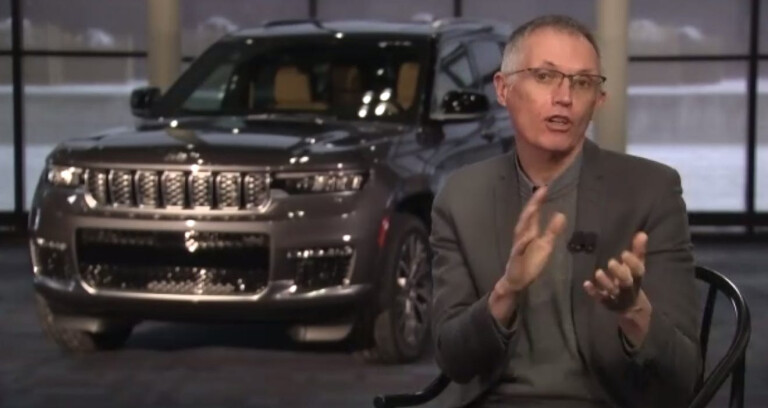
Stellantis announced in July 2021 it plans to offer solid-state battery technology by 2026.
“Initiatives like these will yield a faster time to market and more cost-effective transition to solid-state technology,” said Stellantis CEO Carlos Tavares.
A similar agreement was also struck between Mercedes-Benz and Factional, with the companies hoping to begin testing prototype cells within the next year. The partnership will initially focus on cell development, before moving to entire modules and integration within vehicle batteries.
.jpg )
The story to here
Stellantis has teamed up with a German-Australian lithium supplier start-up to supply battery-grade lithium hydroxide for use in electric vehicles.
The Dutch-based automaker – formed out of the merger of Fiat Chrysler Automobiles (FCA) and Groupe PSA in January 2021 – is the latest company to sign on with Vulcan Energy Resources for the supply of battery metals, ahead of an expected surge in demand as the global transition towards electrified vehicles intensifies.
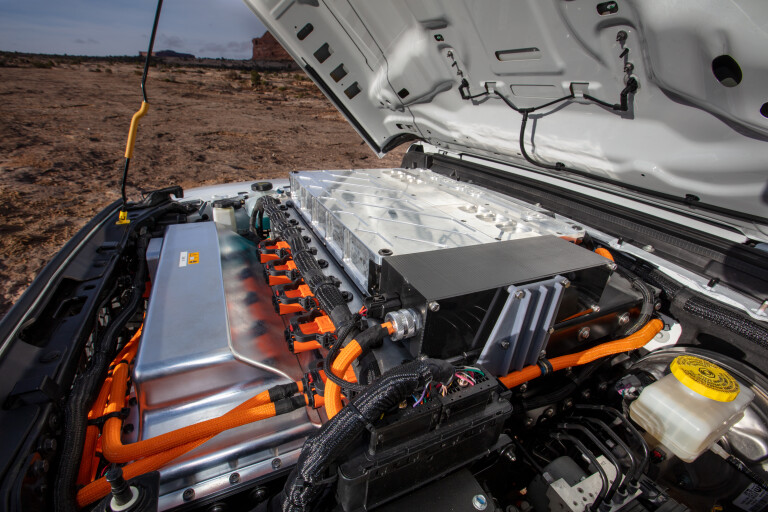
Vulcan is expected to supply a minimum of 81,000 metric tons and a maximum of 99,000 metric tons of lithium hydroxide to Stellantis over the term of an initial five-year agreement, beginning from 2026.
Additional details surrounding the deal, such as finances, are yet to be provided.
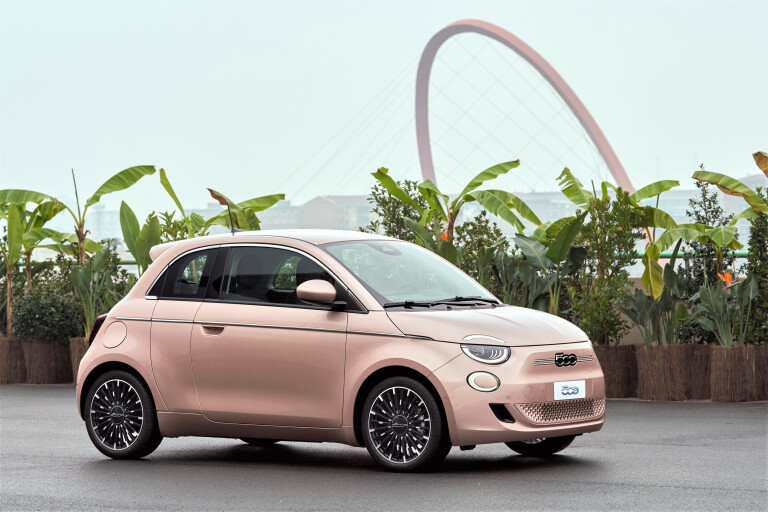
The agreement between Stellantis and Vulcan comes just days after the lithium supplier signed a binding purchase agreement with Renault to supply between 26,000 and 32,000 tonnes of lithium hydroxide over a six-year period.
“This agreement is further proof that we have the competitive spirit to deliver on our commitments,” said Stellantis chief purchasing and supply chain officer, Michelle Wen.

Lithium hydroxide is used in the production of cathode material for lithium-ion electric vehicle batteries, with Vulcan testing a direct lithium extraction (DLE) method that forgoes the use of fossil fuels with minimal water usage.
This helps to reduce the need for using existing open-pit mines and brine evaporation ponds, allowing for more-sustainable methods to obtain the material.
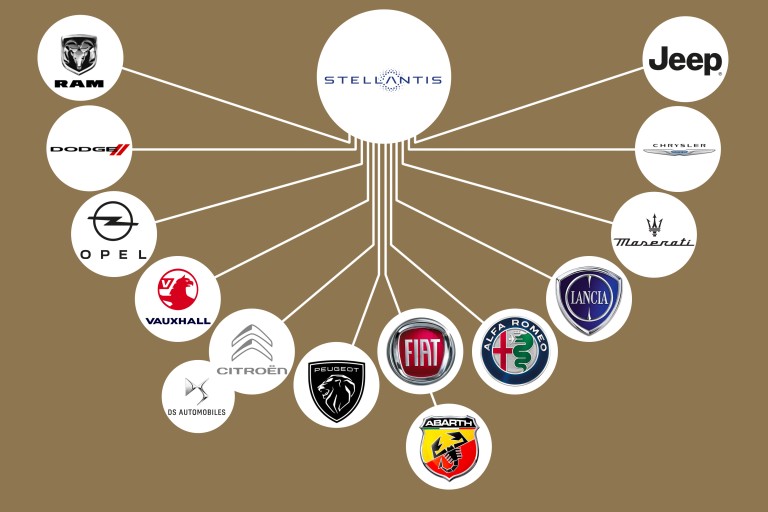
During its EV Day conference in July, Stellantis announced 70 per cent of its vehicle sales will be electrified in Europe and 40 per cent in the US by 2030. The company has stated it will invest more than €30 billion (AU$47.8bn) in electrification and software over the next five years.
As part of the plan, Stellantis also announced it will complete production on five ‘Gigafactories’ across Europe and the United States by 2030.


COMMENTS